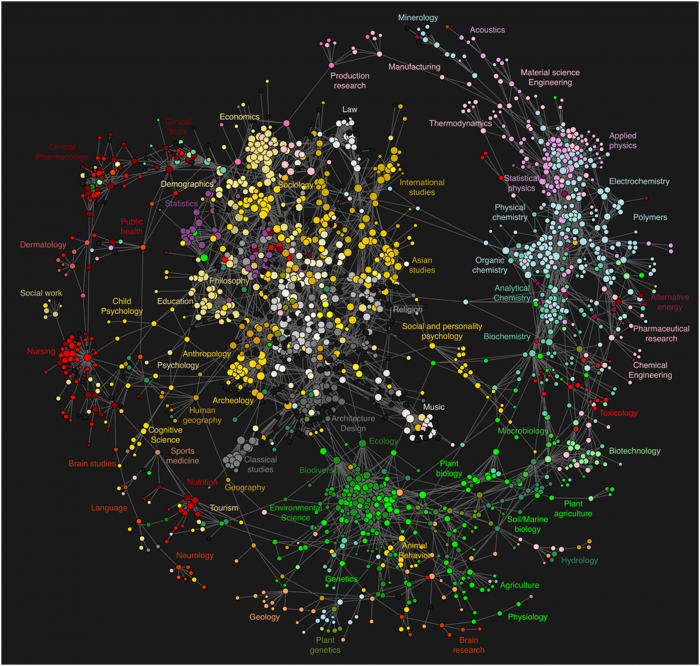4.1 Framing of Research

Embedded Ethical Choices
Values and ethics become embedded within the production of research, oftentimes at the very decision about research topic and question. Such decisions are rarely made within ideal conditions, where resources and time are of no issue. Research is done dependent on deadlines, budgets, peer review feedback, departmental resources, etc. How research is framed, the choice of explanatory frameworks and global assumptions about variables, and the explanations about causal relationships in a given model all present choices that can embed values about representative samples, as is a common question in biomedical or genetic research.
Choice of Research Questions
Research results are inevitably impacted by the scope and range of research questions. Context dependent values can impact problem choice; whether due to individual interests, funding agency interests, or broader societal interests, contextual values become interwoven into research practice. Further, choice of research question can also influence whether or not certain risks are taken into account, or are able to even be considered within the framework of a given nanotechnology research program.
If we knew what it was we were doing, it would not be called research, would it? –Albert Einstein
Frameworks and Global Assumptions
Interests of the researcher are reflected in accepting certain framework conditions, such as the representational limits of an analysis, or in choosing the values of certain variables, within a model, as being “more” representative of reality than a different variable, model, or limit.
Causal Explanations and Narratives
Causal explanations produce a conception as to what is happening within a given nanotechnology model or analysis. However, many simplifications and reductions are made just to make a model usable, and in doing so, there is no guarantee that a significant causal relationship does not go either unseen or unconsidered.